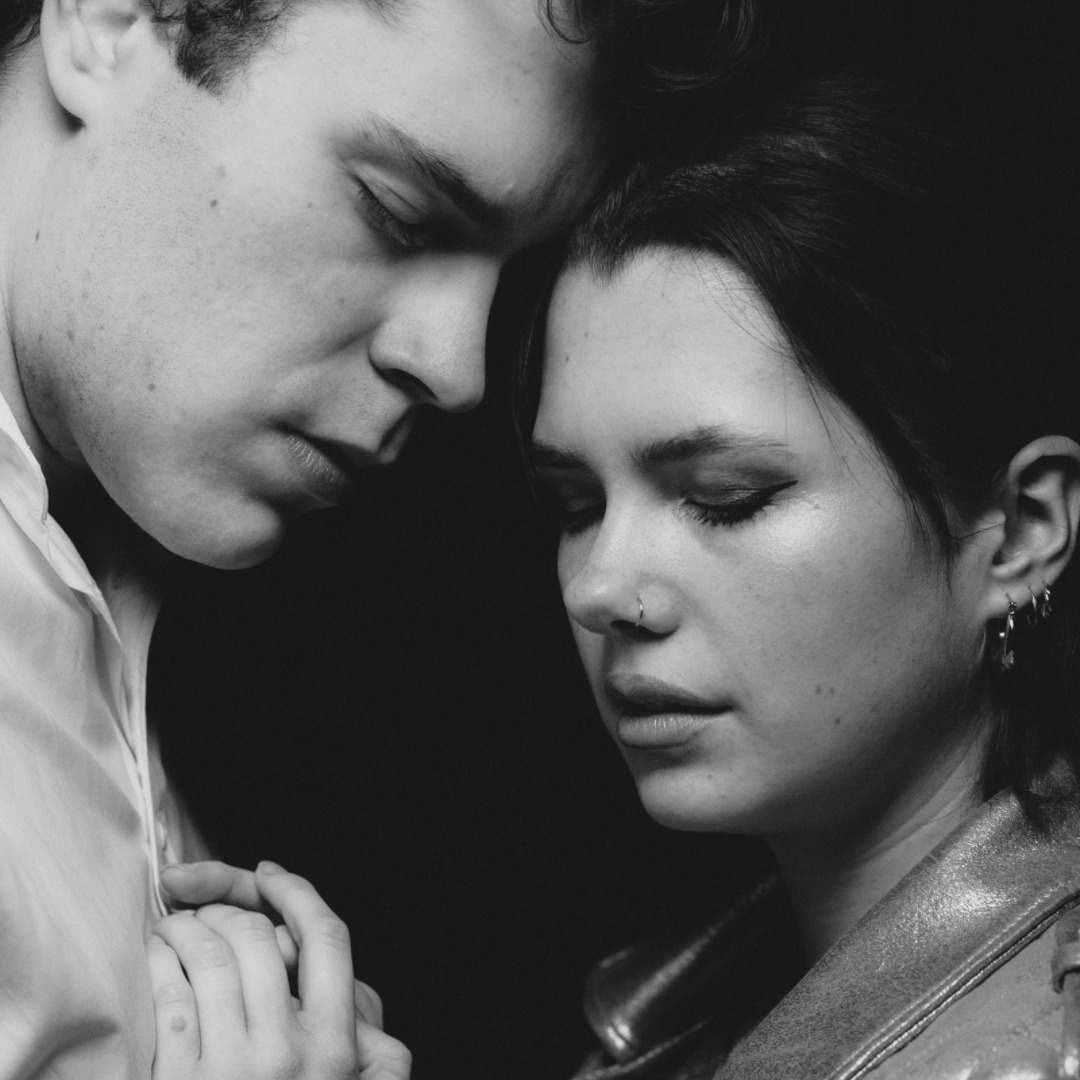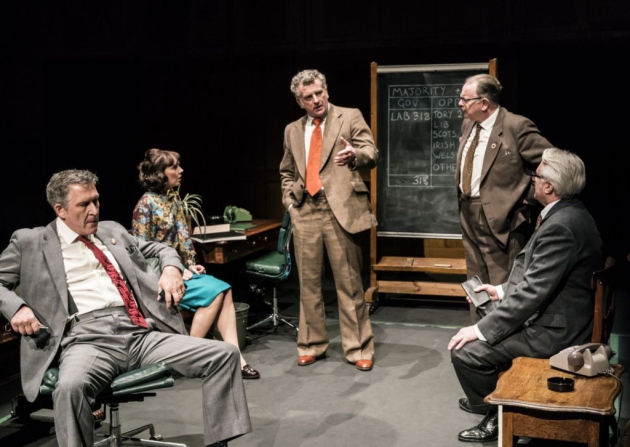A rose by any other name may smell as sweet, but does calling something a rose make it beautiful? This production claims to play with the Shakespeare favourite’s setting and genders – so does it still work?
In truth the apparent relocation of the play from an Italian city to a Norfolk pub called The Verona doesn’t really persist much beyond the pub set for the first scene, with modern dress and some unthreatening plastic daggers the only things setting it aside from a ‘traditional’ production.
True, it does jar a bit when Romeo is banished from “the village” as do some of the textual changes to incorporate Friar Laurence becoming Vicar Lauren and the gender-blind casting of Benvolio and Mercutio, but the core of the play stays pretty unchanged. That is no bad thing.
The casting is a mix of established members of the Norwich Players and University of East Anglia drama students and the two gel well.
Immi Lea’s direction doesn’t quite cover some of the underlying problems in the play however. The titular characters are headstrong, impulsive teens, but Max Davison’s Romeo is allowed to be too contemplative and quiet in the early scenes. Cathy Sole’s Juliet isn’t quiet the ingenue or as self-possessed as her Doc Marten heavy outfits suggests – but perhaps that’s right for a teenage girl.
Capulet (Robert Tiffen) too is unevenly drawn, veering from emasculated beta male to tyrant in a heartbeat, despite chances in the action to set a clearer, consistent character.
In the supporting roles, Georgie Matthews as Benvolio and Ruby Bardwell-Dix as Mercutio stand out, with the later delivering a perfectly paced Queen Mab speech. Jen Alexander is also nicely controlled as the drug-dabling Vicar Lauren, complete with subtle micro-dosing.
Some of the direction seems to borrow from Ola Ince’s recent production at Shakespeare’s Globe but without the some level of bombastic conviction and that perhaps is where the rub lies.
Go expecting a radical reworking of Romeo and Juliet and you’ll feel like biting your thumb at someone. Go expecting a solid and, by recent definitions, a fairly traditional piece of Shakespearian theatre and you’ll be happy making enthusiastic palmers kisses at the curtain call.
- Romeo and Juliet continues at the Maddermarket Theatre until Saturday, March 26.


